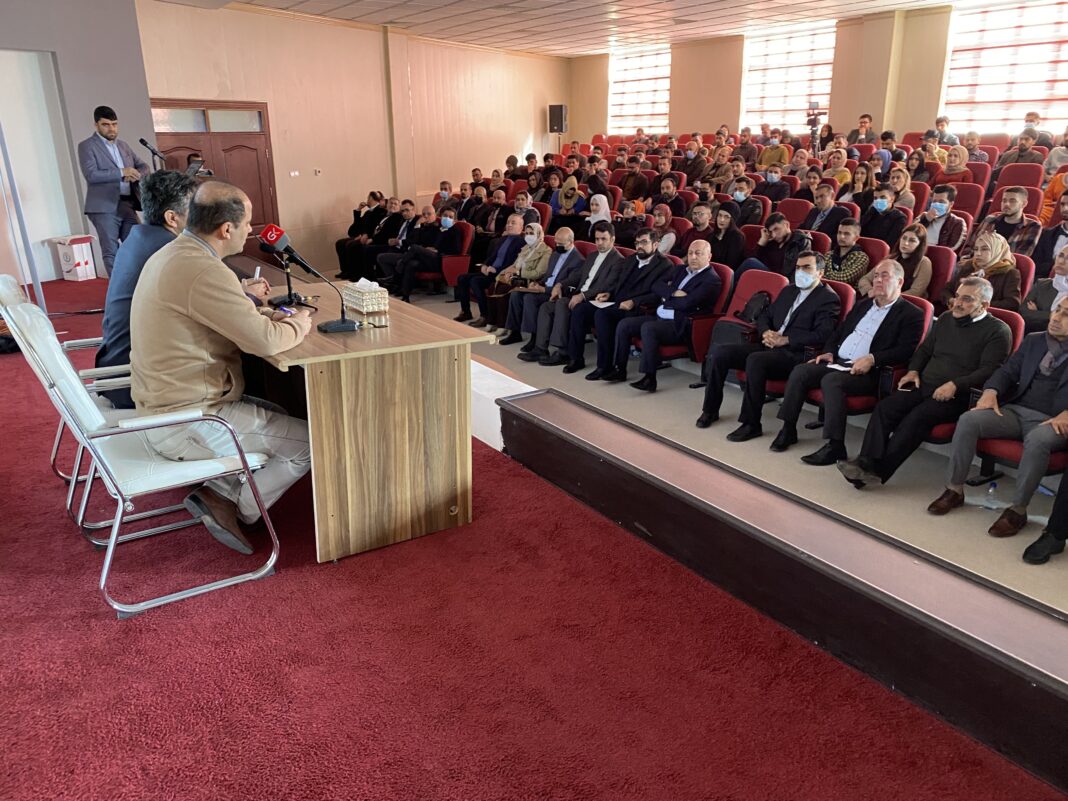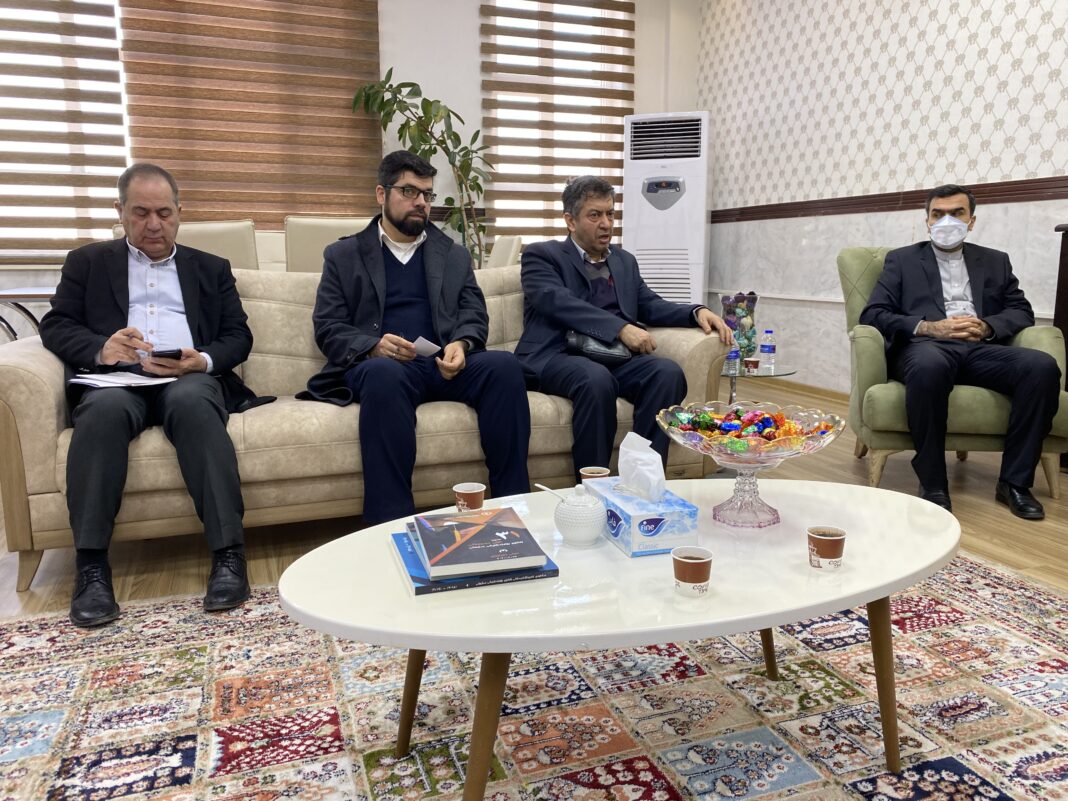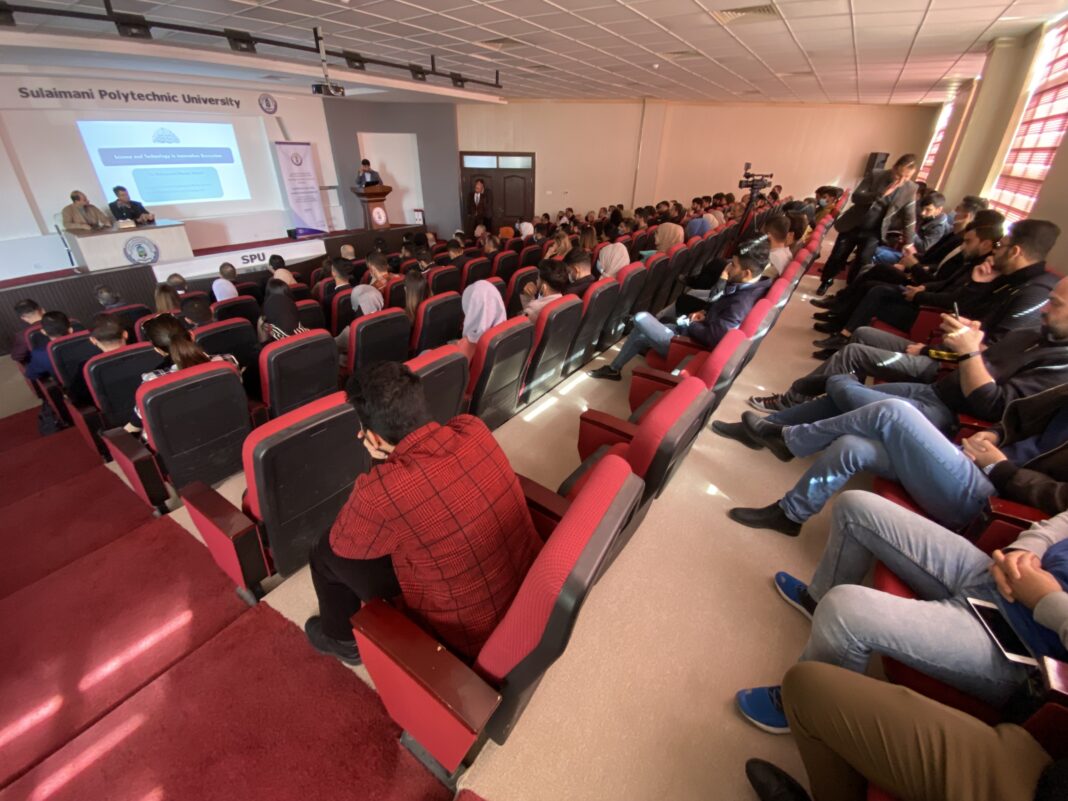1. Trade Agreements and Economic Partnerships
Despite political tensions, both governments continue to negotiate trade agreements to facilitate smoother business operations. Tariff reductions, customs simplifications, and joint investment initiatives are being explored.
2. Border Trade and Customs Regulations
Cross-border trade plays a critical role in Iran-Kurdistan economic relations. Efforts to improve customs clearance, reduce smuggling, and streamline border trade regulations are essential for long-term stability.
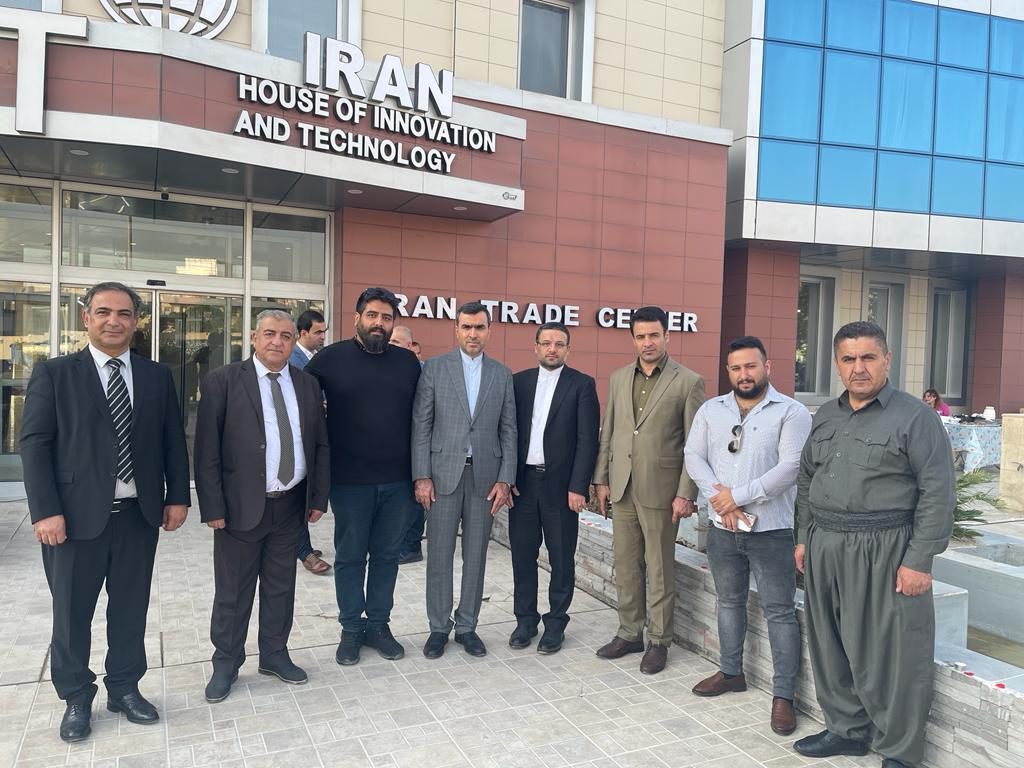
3. The Effect of Global Market Trends
Iran’s economy is influenced by global oil prices, sanctions, and currency fluctuations, which in turn affect trade dynamics with Kurdistan. Regional economic shifts can either strengthen or weaken trade activities.
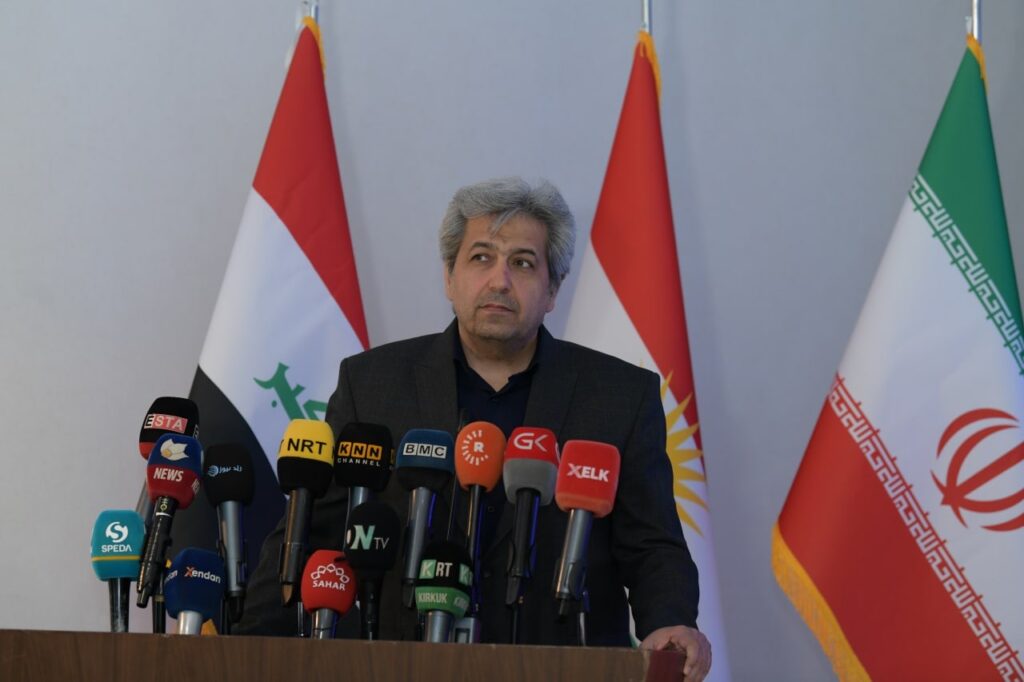
4. Infrastructure Development for Stronger Trade
Investments in transportation networks, logistics centers, and border facilities are expected to enhance trade efficiency. Both Iran and Kurdistan are working on projects to modernize trade routes for faster and more secure transactions.
5. The Future of Economic Relations
While challenges exist, economic cooperation between Iran and Kurdistan is likely to grow through new investment policies, trade incentives, and strengthened diplomatic ties. If managed well, both regions could benefit from a more stable and prosperous economic future.

